[ad_1]
New Delhi: Faced with low recovery of penalties imposed on corporations for anti-competitive practices, Competition Commission of India (CCI) has sought to revamp its recovery procedures.
The regulator has sought public feedback on a set of amendments to its more than a decade old penalty recovery regime prescribed in the CCI (Manner of Recovery of Monetary Penalty) Regulations, 2011.
CCI said in a background note about the proposed changes that comments will be accepted till 6 June.
“Based on the experience gained during implementation of these regulations over the years and to streamline the process of recovery, certain amendments are deemed fit to be incorporated in the said regulations,” CCI said. These regulations had undergone minor changes twice in the past—once in 2014 and then in 2021.
Along with a draft of the amended regulations, CCI also brought out a modified demand notice for public feedback. The proposed amendments make it clear that the penalty may be imposed not only on the enterprise, but on a ‘person’ also, who has violated the law. As per the proposed amendments, legal heirs of the person in default is liable to pay the penalty.
Legal heir’s liability
The liability of a legal heir will be limited to the extent to which the estate of the deceased bestowed upon such legal heir, is capable of meeting the liability, said the draft of the amended regulation.
CCI said in its annual report for FY23, that in FY22 and FY23, the regulator imposed penalties of ₹1,336 crore and ₹2,672 crore, but could recover only about 13% and less than 1% of those, respectively, Mint reported on 20 October. Mint also reported then that the regulator set up a three-member internal committee to recommend measures to make the recovery process more robust.
Experts said that the proposed amendments aim to close existing loopholes and ensure swift and effective enforcement against anti-competitive practices.
“The historically low recovery rates likely indicate systemic loopholes, making it easy for corporations to evade penalties or delay payments without facing substantial consequences. With these amendments, CCI aims to create a more stringent and streamlined recovery process, ultimately reinforcing its deterrent power,” said Sonam Chandwani, managing partner at law firm KS Legal & Associates.
“By introducing structured demand notices, compounding interest on delayed payments, and asset attachment provisions, CCI is creating a robust framework that prioritizes accountability. These new measures also allow for collaboration with income tax authorities, treating penalties as tax dues, which significantly strengthens recovery efforts,” said Chandwani.
Penal interest
The rate of interest will be 1% on “the amount outstanding, for every month or part of a month” after the due date for payment till the penalty is paid.
With these changes, CCI is not only enhancing its deterrent power but also sending a clear message that non-compliance will result in substantial financial and reputational consequences, thus encouraging corporations to adhere to fair competition standards, said Chandwani.
This revamp in recovery rules is thus a necessary step for CCI to close enforcement gaps, enhance its authority, and ensure that penalties serve their intended purpose to deter anti-competitive behaviour and foster a fairer market environment, added Chandwani.
A former official of CCI told Mint that although penalty recovery may be slow, CCI has been effective in achieving market correction with its enforcement action.
Catch all the Business News, Politics news,Breaking NewsEvents andLatest News Updates on Live Mint. Download TheMint News App to get Daily Market Updates.
MoreLess
[ad_2]
Source link



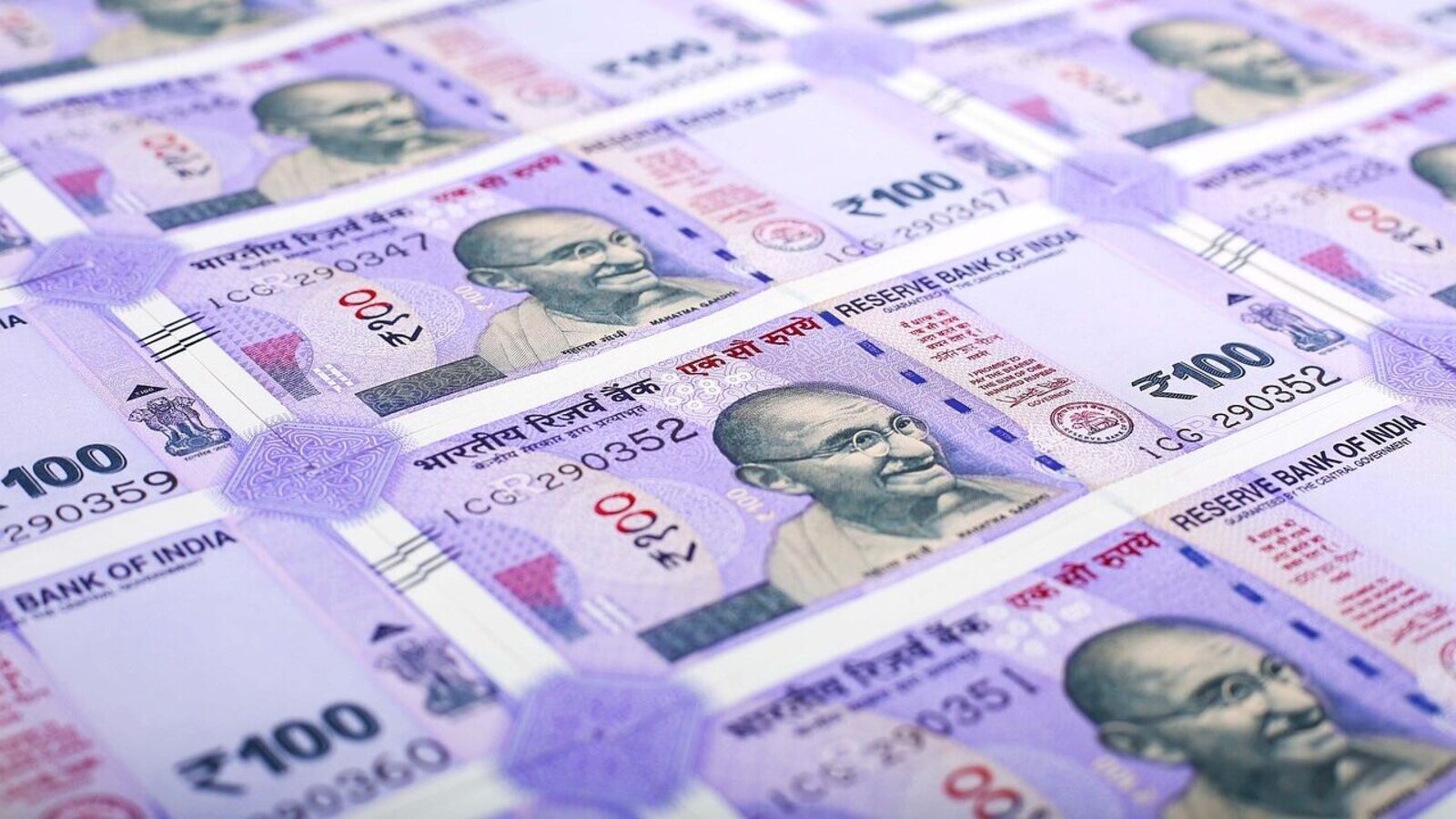
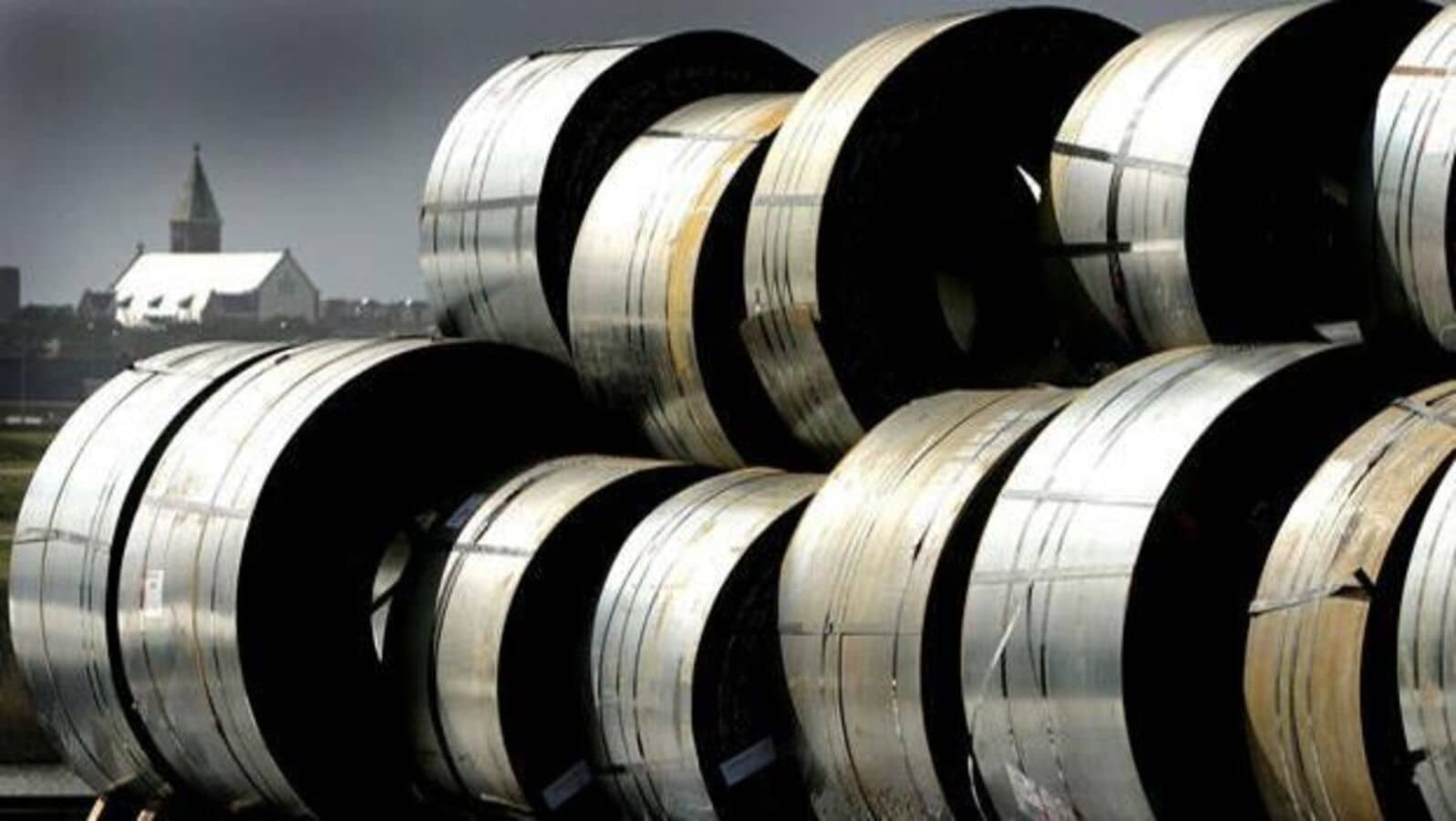

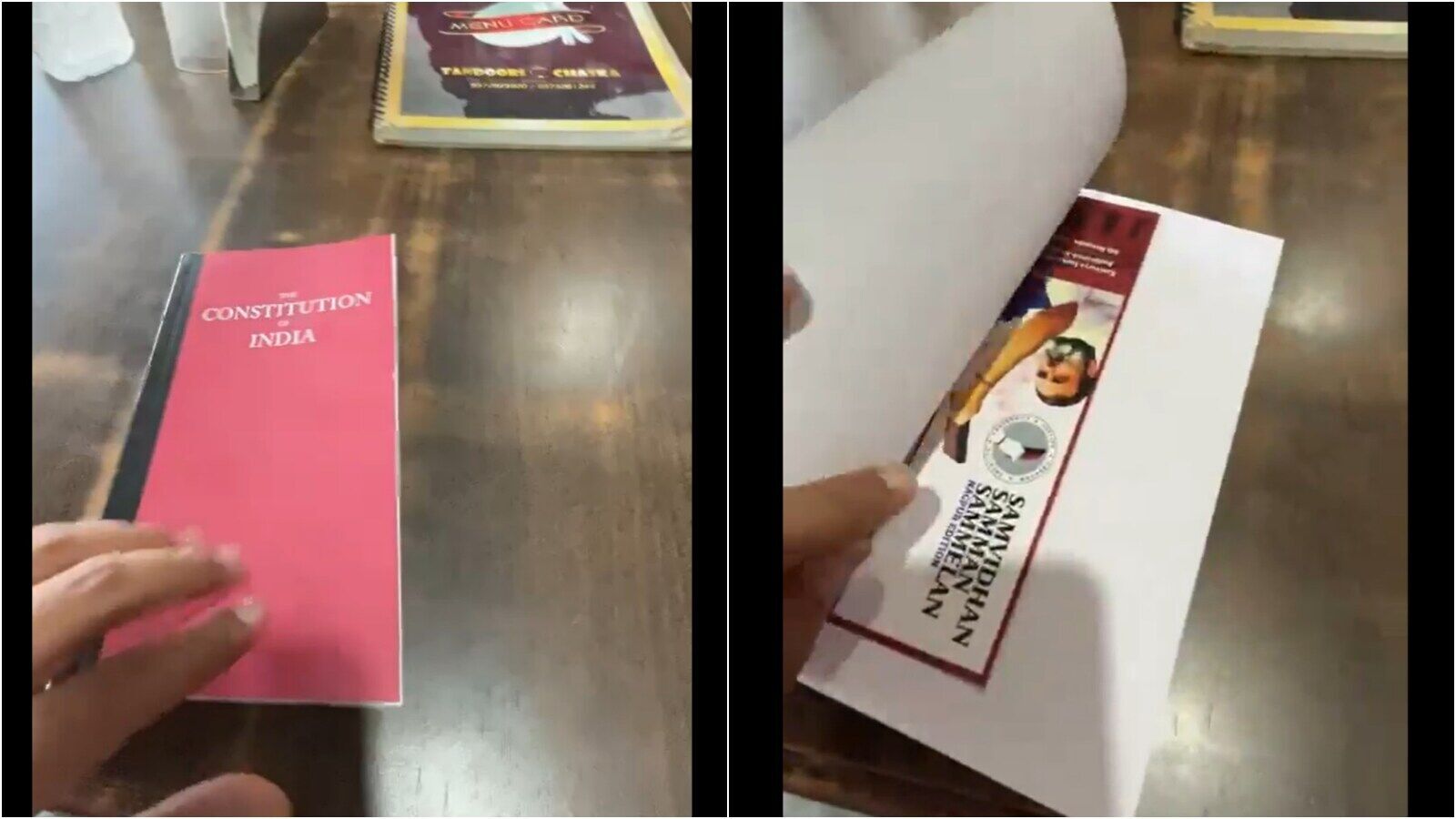
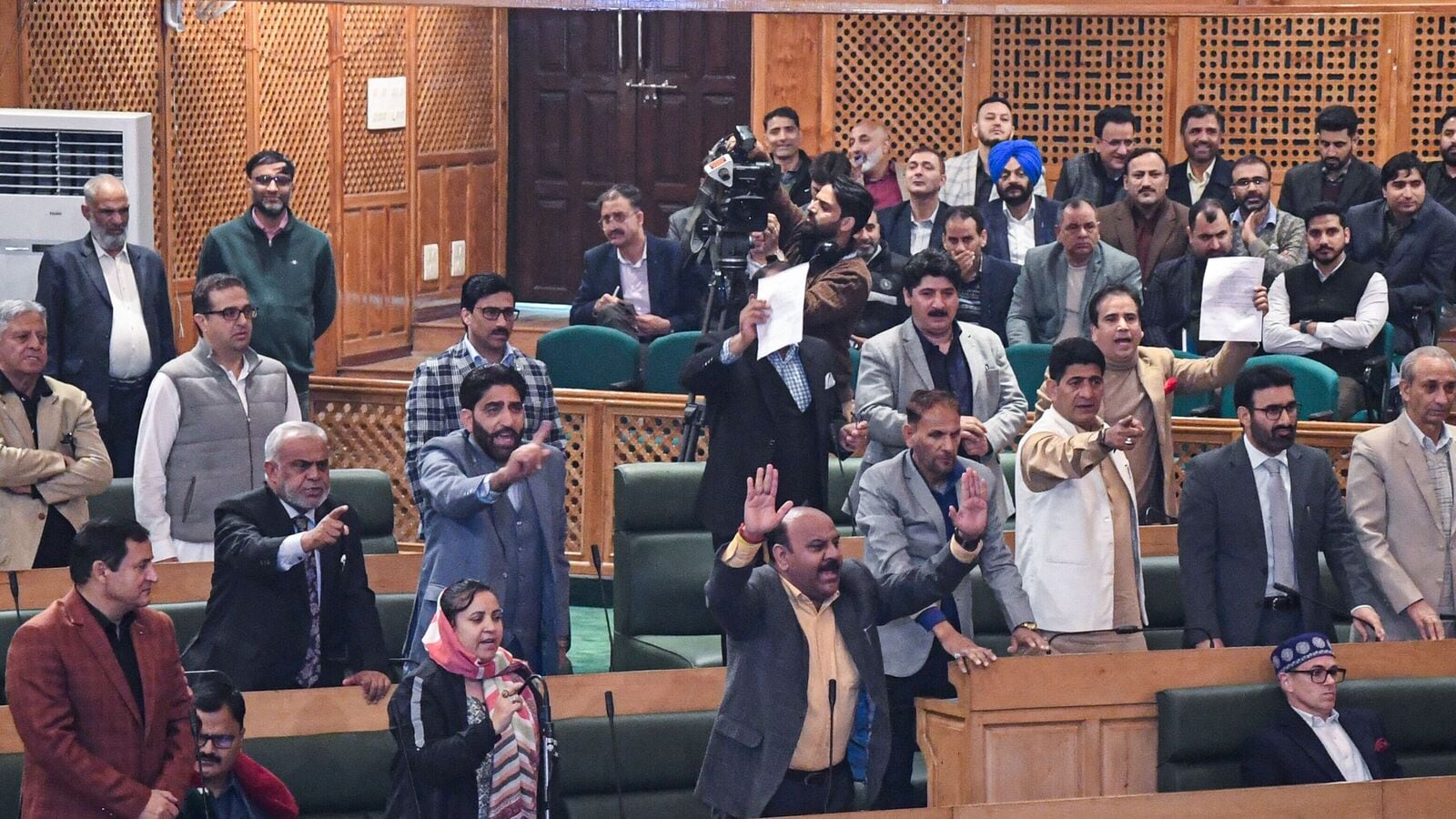
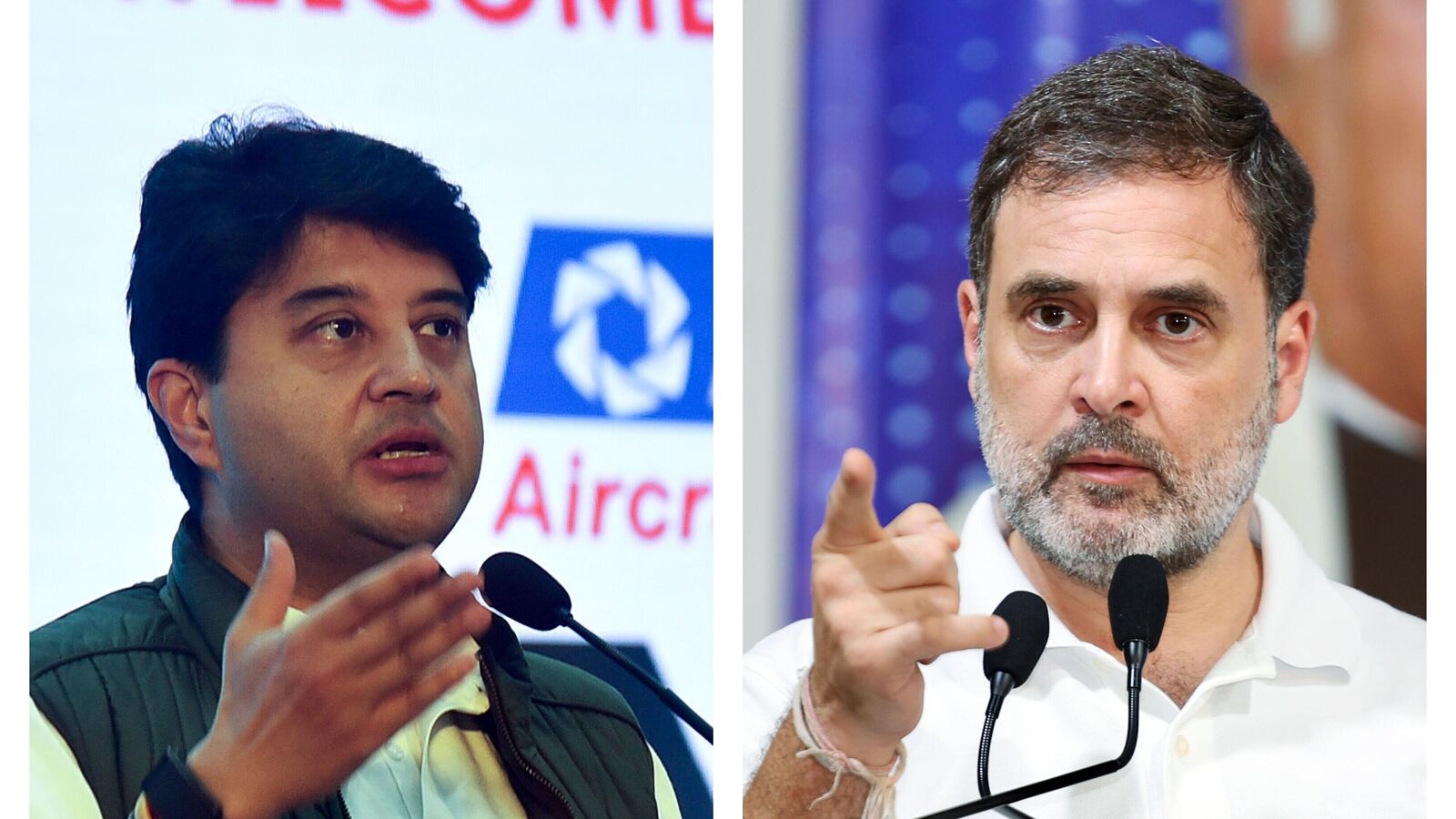

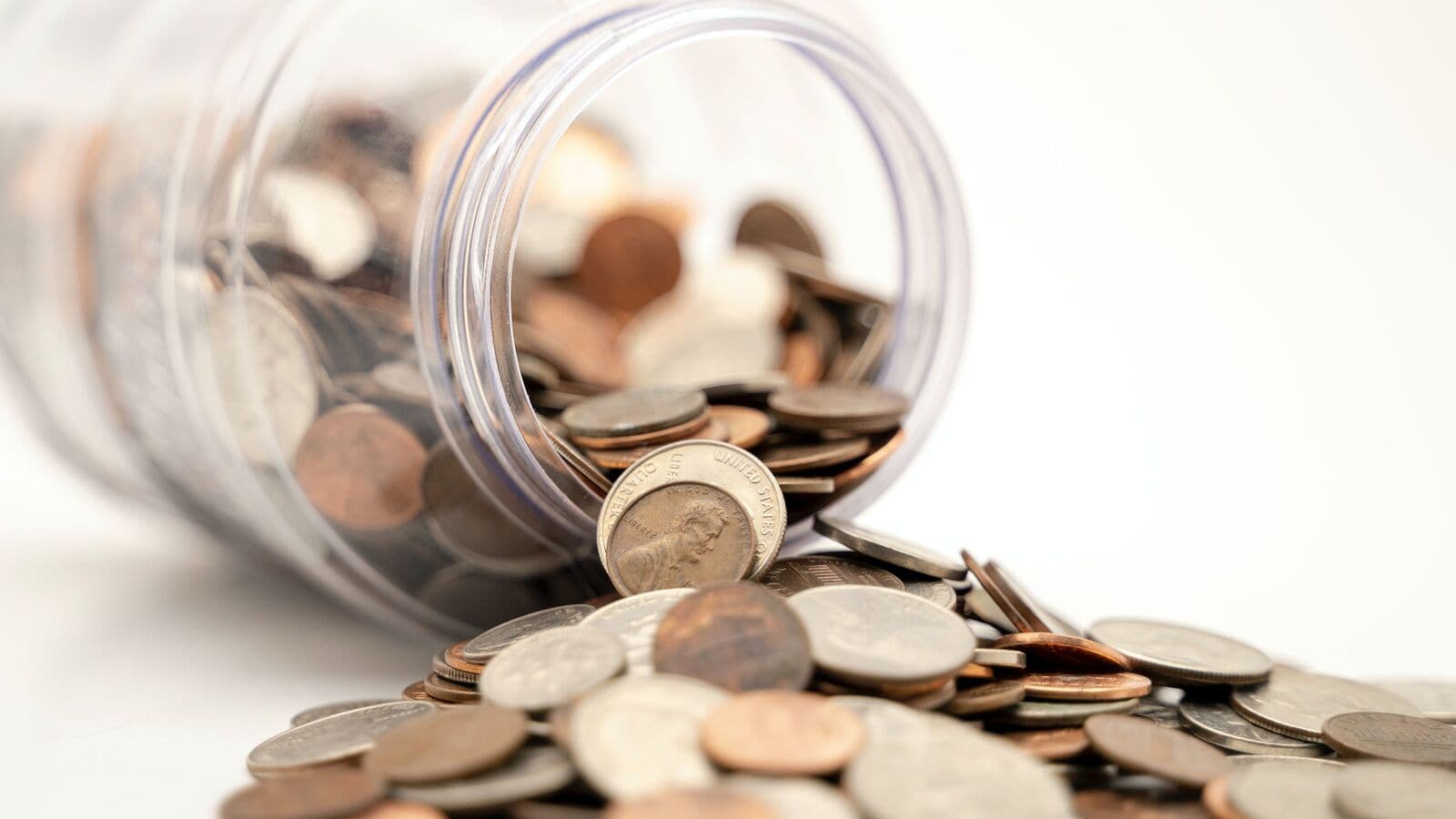
Leave a Reply